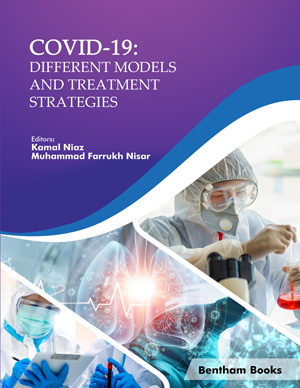Abstract
Microbicides are products that can be applied to vaginal or rectal mucosal surfaces with the goal of preventing, or at least significantly reducing, the transmission of sexually transmitted infections including HIV-1. Despite more than two decades of HIV-1 research, there is still no efficacious HIV-1 vaccine, and the scientific community appears sceptical about the short or long-term feasibility of developing a vaccine that has the ability to induce sterilizing immunity against HIV-1. In this setting, microbicide research has been developed. Among the promising candidate microbicides, the integrase inhibitors are the most recently developed compounds. In fact, since the beginning reverse transcriptase, fusion and entry inhibitors were identified as possible HIV-specific candidate microbicides along with the non-specific topical microbicides. In the case of integrase inhibitors, only a few have demonstrated to block HIV-1 infection in models that mimic sexual transmission of the virus. These compounds have been tested in in vitro and ex vivo assays to determine their efficacy in pre- and/or post-exposure prophylactic settings. In particular, the naphthyridinecarboxyamide L-870,812 has been shown to block viral infection in pre- and post-exposure studies obtaining comparable results to the reverse transcriptase inhibitor PMPA. The purpose of this article is to provide an overview of integrase inhibitors as potential topical microbicides and their comparative evaluation with HIV-specific and non-specific microbicides.
Keywords: Aryl diketo acids, HIV, integrase inhibitor, microbicide, naphthyridinecarboxamide, INIs, infected, DNA, transcriptase, virus






















